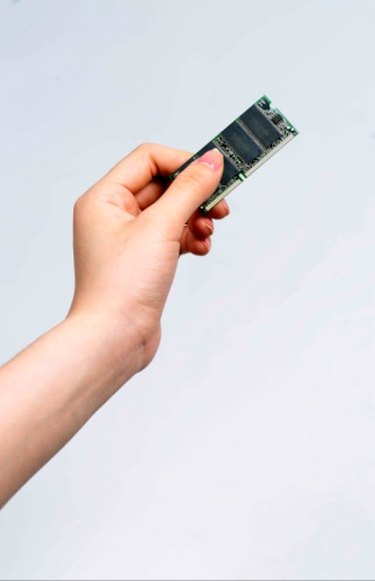
Capacitors are devices which store electrical charge. They are a basic component of electronics and have a host of various applications. The most common use for capacitors is energy storage. Additional uses include power conditioning, signal coupling or decoupling, electronic noise filtering, and remote sensing. Because of its varied applications, capacitors are used in a wide range of industries and have become a vital part of everyday life.
Capacitors for Energy Storage
Capacitors have been used to store electrical energy since the late 18th century. Benjamin Franklin was the first to coin the phrase "battery" for a series of capacitors in an energy store application. Individual capacitors generally do not hold a great deal of energy, providing only enough power for electronic devices to use during temporary power outages or when they need additional power. For example, large capacitors are included in car audio systems to provide extra power to amplifiers when needed.
Video of the Day
Capacitors for Power Conditioning
One important application of capacitors is the conditioning of power supplies. Capacitors allow AC signals to pass but block DC signals when they are charged. They can effectively split these two signal types, cleaning the supply of power. This effect has been exploited to separate or decouple different parts of electrical circuits to reduce noise which could lead to reduction of efficiency. Capacitors are also used in utility substations to counteract inductive loading introduced by transmission lines.
Capacitors as Sensors
Capacitors are used as sensors to measure a variety of things, including air humidity, fuel levels and mechanical strain. The capacitance of a device is dependent on its structure. Changes in the structure can be measured as a loss or gain of capacitance. Two aspects of a capacitor are used in sensing applications: the distance between the parallel plates and the material between them. The former is used to detect mechanical changes such as acceleration and pressure. Even minute changes in the material between the plates can be enough to alter the capacitance of the device, an effect exploited when sensing air humidity.
Capacitors for Signal Processing
Capacitors have found increasingly advanced applications in information technology. Dynamic Random Access Memory (DRAM) devices use capacitors to represent binary information as bits. The device reads one value when the capacitor is charged and another when discharged. Charge Coupled Devices (CCDs) use capacitors in an analogue form. Capacitors are also used in conjunction with inductors to tune circuits to particular frequencies, an effect exploited by radio receivers, speakers, and analog equalizers.